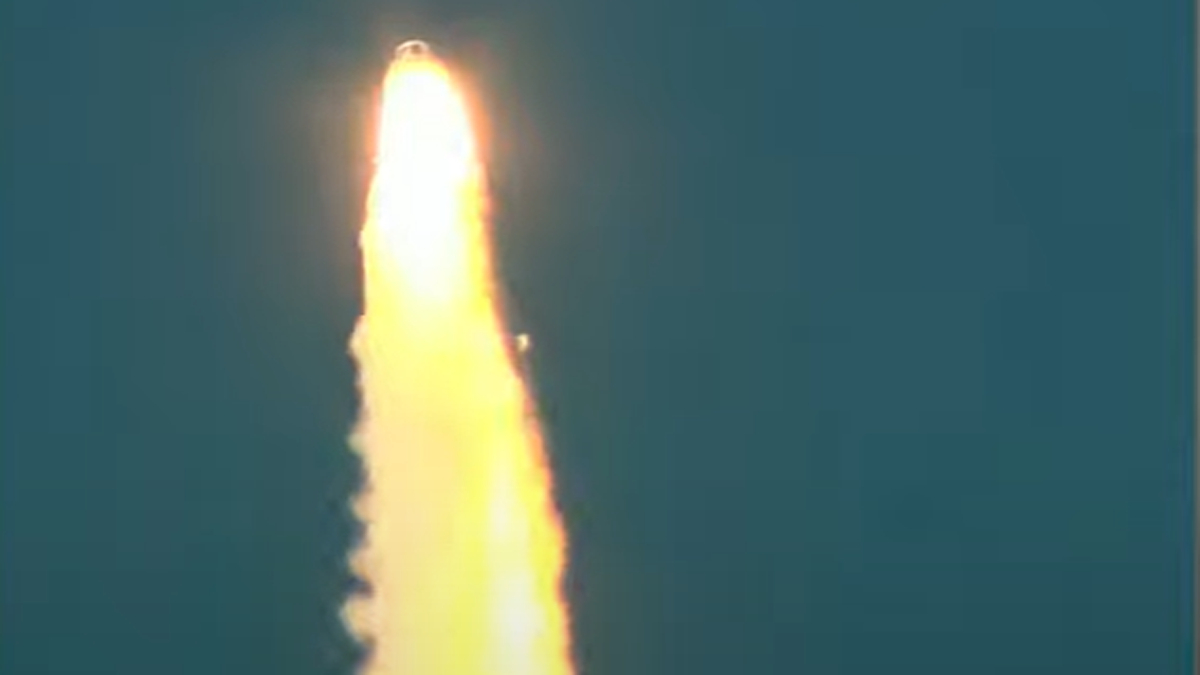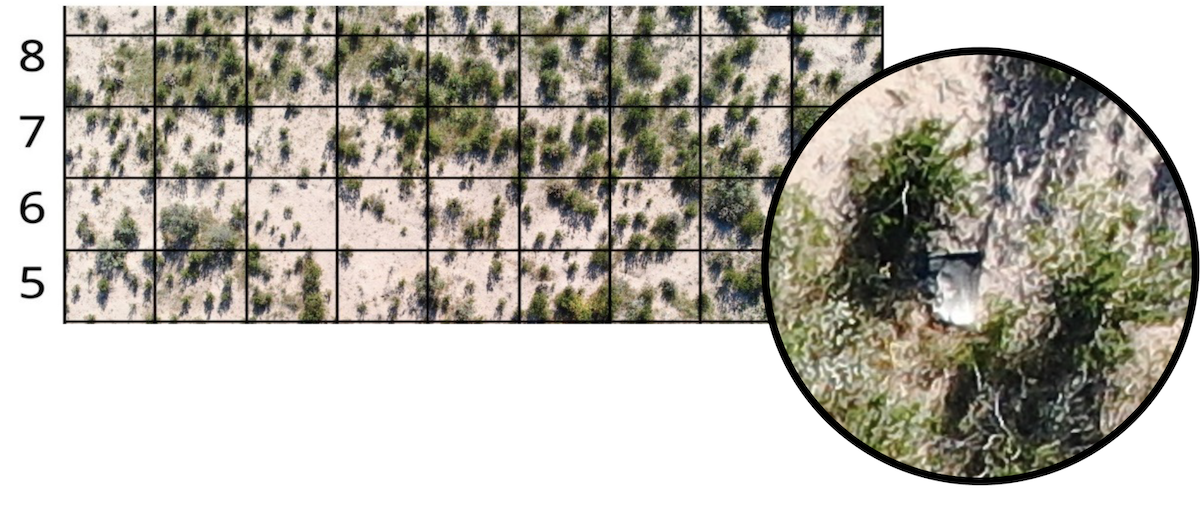1 year after launch failure, Blue Origin's New Shepard rocket remains grounded

Breaking space news, the latest updates on rocket launches, skywatching events and more!
You are now subscribed
Your newsletter sign-up was successful
Want to add more newsletters?

Delivered daily
Daily Newsletter
Breaking space news, the latest updates on rocket launches, skywatching events and more!

Once a month
Watch This Space
Sign up to our monthly entertainment newsletter to keep up with all our coverage of the latest sci-fi and space movies, tv shows, games and books.

Once a week
Night Sky This Week
Discover this week's must-see night sky events, moon phases, and stunning astrophotos. Sign up for our skywatching newsletter and explore the universe with us!

Twice a month
Strange New Words
Space.com's Sci-Fi Reader's Club. Read a sci-fi short story every month and join a virtual community of fellow science fiction fans!
It has now been a full year since Blue Origin's New Shepard suborbital vehicle last left the ground.
New Shepard last launched on Sept. 12, 2022, on an uncrewed research mission from Blue Origin's site in West Texas. About 65 seconds after liftoff, the vehicle's reusable first-stage booster suffered a problem and crashed hard onto the desert floor. New Shepard's capsule engaged its emergency escape system and landed safely under parachutes, its 36 research payloads intact.
In March, Blue Origin announced the results of its anomaly investigation: The nozzle on the first stage's single BE-3PM engine suffered a "thermo-structural failure," which caused a thrust misalignment and brought the mission to a premature end.
Related: Failure of Blue Origin's New Shepard a reminder that spaceflight is still hard
In its March 24 announcement, Blue Origin said that it had begun implementing some corrective actions, "including design changes to the combustion chamber and operating parameters, which have reduced engine nozzle bulk and hot-streak temperatures." The company also stressed that it expected to return to flight "soon," with a re-launch of those same 36 research payloads.
But it's been 5.5 months since that update, and New Shepard still has not taken off. Blue Origin hasn't provided much more information about New Shepard's status or publicized a return-to-flight timeline.
The ill-fated September 2022 flight was called NS-23, because it was the 23rd New Shepard mission overall. Six of those have carried people to and from suborbital space; the most recent crewed flight launched in August 2022.
Breaking space news, the latest updates on rocket launches, skywatching events and more!
In the time that New Shepard has been grounded, Virgin Galactic, Blue Origin's chief competitor in the suborbital space tourism business, has launched four passenger missions with its VSS Unity space plane.
Counting test flights, Virgin Galactic now has eight crewed space missions under its belt — two more than Blue Origin.
Both companies offer customers a few minutes of weightlessness and a view of Earth against the blackness of space. But VSS Unity stays aloft for considerably longer than New Shepard — 60 to 90 minutes, on average, compared to 10 to 12 minutes.

Michael Wall is a Senior Space Writer with Space.com and joined the team in 2010. He primarily covers exoplanets, spaceflight and military space, but has been known to dabble in the space art beat. His book about the search for alien life, "Out There," was published on Nov. 13, 2018. Before becoming a science writer, Michael worked as a herpetologist and wildlife biologist. He has a Ph.D. in evolutionary biology from the University of Sydney, Australia, a bachelor's degree from the University of Arizona, and a graduate certificate in science writing from the University of California, Santa Cruz. To find out what his latest project is, you can follow Michael on Twitter.

